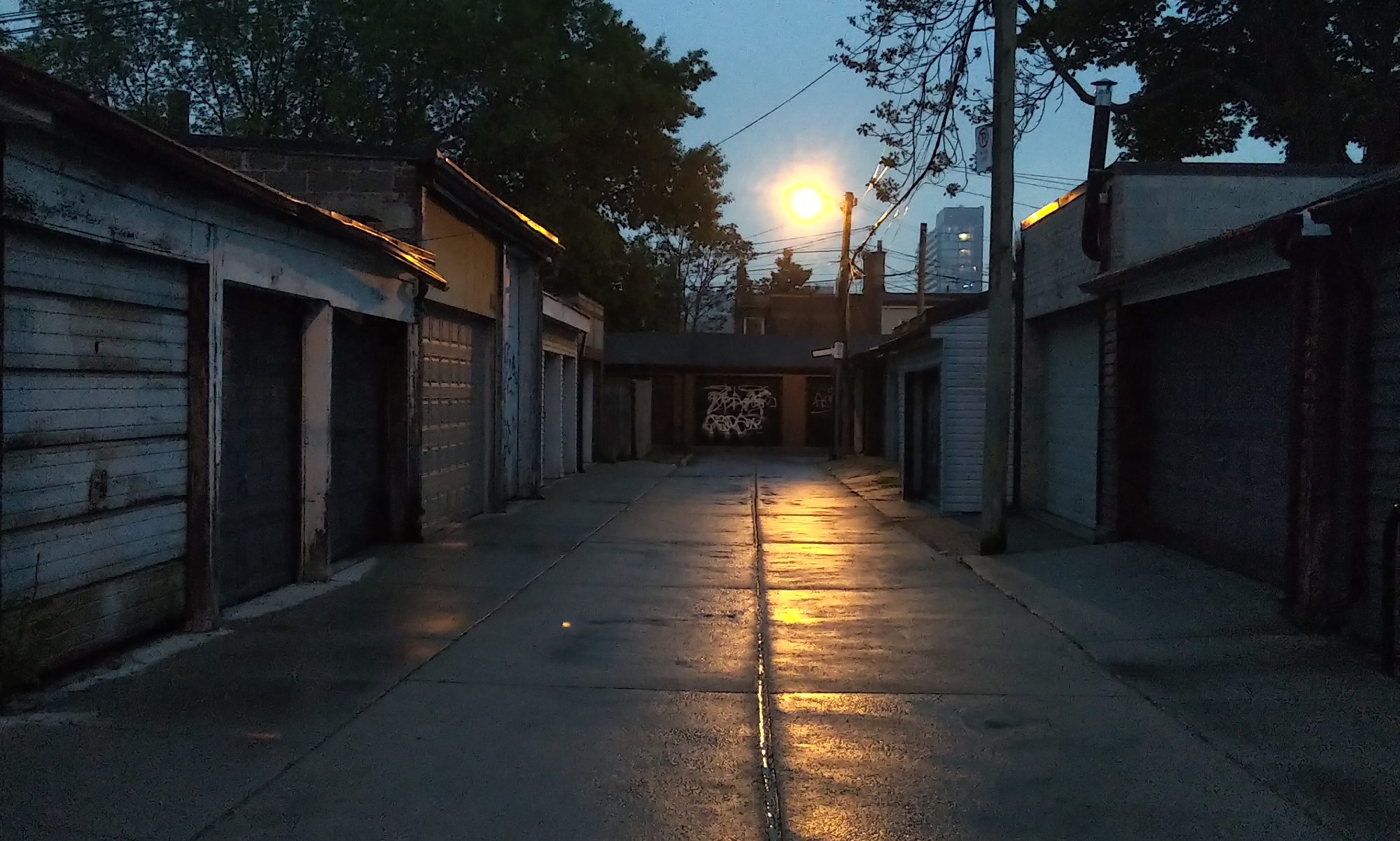I’ve been thinking lately about a couple of short stories I’ve been working on over the last few years that don’t seem able to find a home with a publication. Now, there are a thousand reasons for a story to get rejected, and some of these have little to do with whether or not a story has issues to be worked out: subject matter, “fit,” philosophical angle. The stories I’ve been thinking about felt fleshed out and yet I suspected — no matter how badly I wanted to believe they were “done” — they were missing something that kept them from being as good as they promised to be, and, if I were honest with myself, the sort of work I want to be known for: complex, nuanced, readable.
One clear-headed morning on my walk to work, I was feeling comfortable enough to get over my nearsighted, belligerent writerly arrogance and apply some frank analysis to these two works.
Rather than bang my head against the wall staring at the works themselves, which I’d done previously, I took a different tack and investigated what it was that made some of my previously published work resonate and these current works not. And I realized, thinking specifically about Snowshoe and There Is This Thing About You, that the characters in these works were relatable — you might even despise them, yet there was a rapport with the reader, an “in”. These are difficult characters, conflicted, and sometimes there will be the desire to sublimate these characters onto a two-dimensional plane that makes it easy to dislike them. Yet, though we might grow impatient with their lack of finesse, accomplishment, and patience, the reader can’t help but want to relate to them, to understand what makes them tick. And in the stories I’ve been troubleshooting I discovered this very thing — relatability, respect, empathy — to be at least part of the missing element.
I recognized that each of these problematic stories featured a supporting character who was, to some degree, the bane of the main character’s journey; in each story the protagonist couldn’t possibly move forward without the effort of this unwitting adversary for whom in each story the protagonist lacked respect on some basic level. And it occurred to me that if the protagonist so clearly lacked respect for them on the page then on some level maybe I did too.
Despite this revelation, the work ahead is not paint-by-numbers. If anything, I realize that there’s a deeper layer that’s missing and by nature deep layers don’t just get applied like false eyelashes. It’s going to take some more reflection before I understand the meaning of what needs to be done, otherwise whatever I do is going to have QUICK FIX written all over it and the wily reader will see it a mile away.
Oh, and for anyone reading this who is under the impression that once these changes are made getting these stories published is a slam dunk, think again. Unless your name is Alice Munro you’re always going to find yourself at the whims of an editor or editorial reader — that’s just the way it goes.
(* I hate advice-giving, so rather than doing that, I’m going to provide something more meditative and complex, and maybe useful to some)

